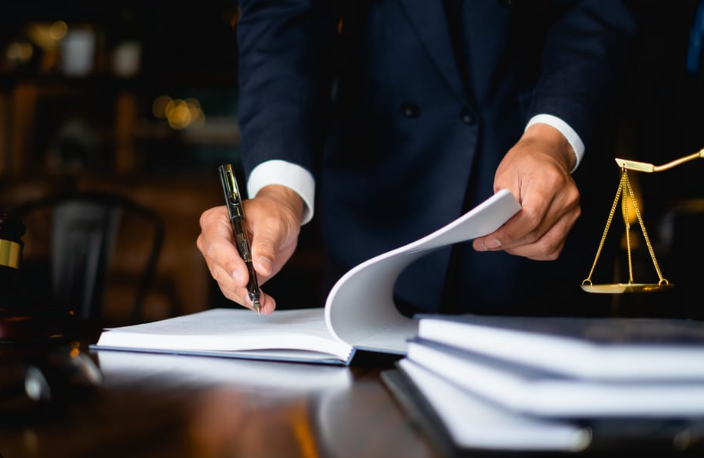If you are overwhelmed with debt, filing for Chapter 7 bankruptcy is a great way to get financial relief. It’s essential to be prepared for the bankruptcy process by knowing what to expect.
Here is an overview of what happens after you file Chapter 7 bankruptcy.
1. The Means Test and Eligibility
You must determine your eligibility before filing for Chapter 7. Chapter 7 bankruptcy is sometimes referred to as “liquidation”, but not everyone qualifies. You’ll have to pass a test that compares your income with the median income of your state to qualify. If your income falls below the threshold you can file Chapter 7. If you have a high income, you might need to consider other options, such as Chapter 13 bankruptcy. This involves a repayment schedule.
2. Credit Counseling
Credit counseling is required before filing for bankruptcy. This session is to explore bankruptcy alternatives and must be held within 180 days of filing. You’ll be given a certificate once you complete the course. This will need to be included in your bankruptcy petition.
3. How to File a Petition
A petition is submitted to the bankruptcy court when filing for Chapter 7. This document contains detailed information about your finances, including your income, assets, and debts. After you file, an automatic stay is put into place, stopping most creditors’ collection efforts, such as wage garnishment, lawsuits, and phone calls.
4. Nomination of a Trustee
The court will appoint a trustee to supervise your case after you file. The trustee examines your petition and your assets. He may also sell your non-exempt property to pay off your creditors. Many Chapter 7 filers, however, can keep their essential assets, such as their car, home, or retirement account, due to exemptions.
5. 341 Meeting of Creditors
Attendance at a 341 Meeting, or meeting of creditors, is required. You’ll be asked questions by the trustee as well as any creditors present. This meeting is usually brief and allows the trustee the opportunity to verify that all information provided by you is accurate.
6. Debt Discharge
If all goes well, you will have most of your unsecured loans discharged in a matter of months. You are not legally required to pay these debts. This gives you a new financial start. Typically, debts such as credit card balances and medical bills are discharged. However, certain debts are not discharged.
7. Impact on Credit
A Chapter 7 bankruptcy filing will negatively impact your credit score. This can remain on your credit history for up to 10 years. Many people can rebuild their credit in a year or less by using secured cards, paying on time, and adopting responsible financial habits.
This article was written by Alla Tenina. Alla is one of the best tax attorneys in Los Angeles California, and the founder of Tenina Law. She has experience in bankruptcies, real estate planning, and complex tax matters. Click here for more information. The information provided on this website does not, and is not intended to, constitute legal advice; instead, all information, content, and materials available on this site are for general informational purposes only. Information on this website may not constitute the most up-to-date legal or other information. This website contains links to other third-party websites. Such links are only for the convenience of the reader, user or browser; the ABA and its members do not recommend or endorse the contents of the third-party sites.
